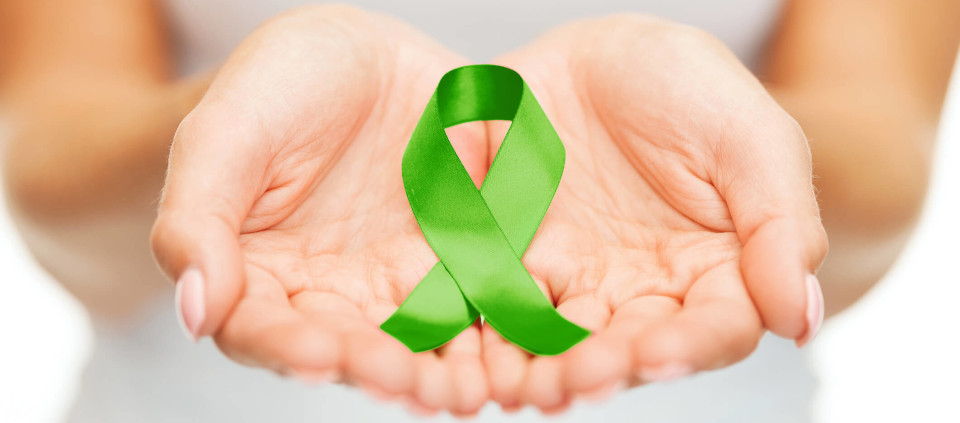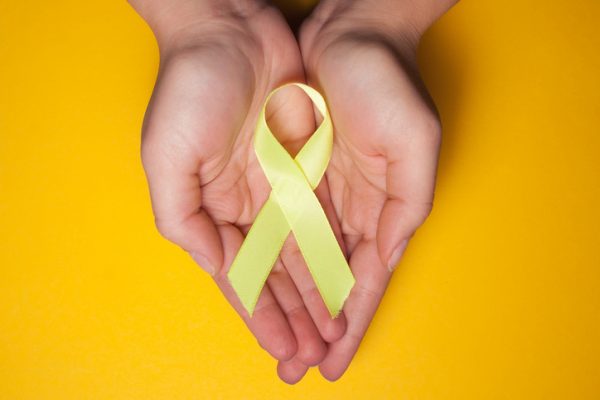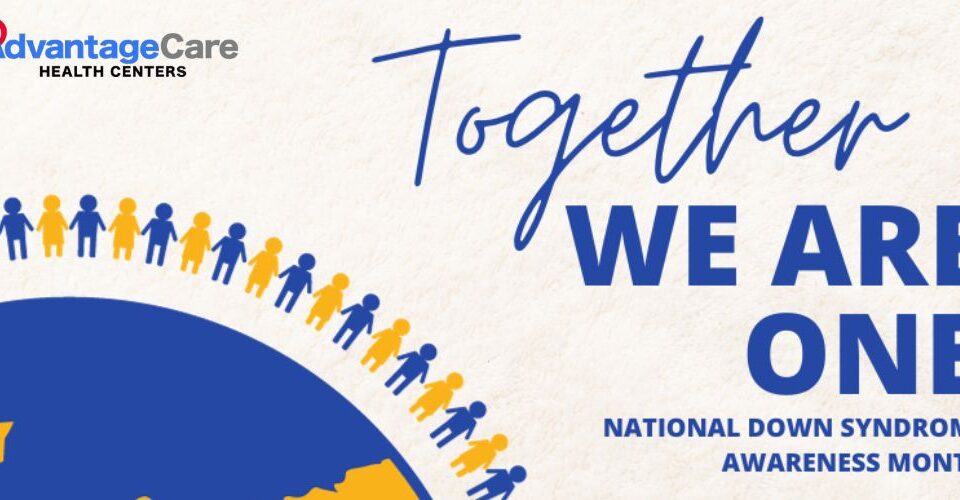
Living with Autism: Tips and Resources for Families
September 14, 2021
Celebrities Raise Mental Health Awareness by Sharing Personal Experiences
October 7, 2021
Living with Autism: Tips and Resources for Families
September 14, 2021
Celebrities Raise Mental Health Awareness by Sharing Personal Experiences
October 7, 2021
From family to friends to neighbors, everyone can play a role in preventing suicide. It is a growing public health problem that affects individuals of all ages and can have a far-reaching impact on the lives of loved ones. During National Suicide Prevention Month, learn how you can be supportive of someone in crisis.
How to Be Supportive of Someone You Care About
Suicide is one of the leading causes of death in America today. Whether you know it or not, there is likely to be someone in your life who is struggling with mental health issues.
If you have concerns about a family member, friend, or neighbor, there are several ways you can assist with suicide prevention, even if you are not a mental health professional.
Ask Questions
Communicating with someone who is in crisis can make a big difference.
How to Help
- Pick the right time
- Ask when there are limited or no distractions
- Mention specific behaviors of concern
- Ask open-ended questions
Listen
Active listening is another highly recommended suicide prevention strategy.
How to Help
- Validate feelings and/or experiences without asking for explanations
- Be calm and non-judgmental
- Listen patiently and try not to interrupt
- Don’t try to solve the problem
- Display interest
- Let them know they are not alone

Provide Encouragement
Sometimes, just being supportive to someone with a mental health condition is the best way to help.
How to Help
- Ask follow up questions
- Summarize what you heard them say
- Acknowledge emotions
- Brainstorm solutions together
- Reassure them that help is available
- Provide resources for the suicide prevention hotline, crisis text line, teen lifeline
- Offer to call the suicide prevention hotline together
Follow Up
By staying in touch, you can share your ongoing support and help them feel connected.
How to Help
- Follow up with the person in a few days
- Ask if they have taken any action
- If the actions they have taken weren’t helpful, brainstorm other solutions

Know How to Contact Suicide Prevention Professionals
If you are concerned about someone in your life, it’s important to know where you can reach out for professional support if need be.
The National Suicide Prevention Lifeline provides free and confidential support for people in distress 24 hours a day, seven days a week. The number to call is 1-800-273-TALK (8255). This call line is free and confidential. You will be connected to a trained counselor in your area.
If you would like help with a non-emergency mental health issue, request an appointment with one of our mental/behavioral health professionals today.





